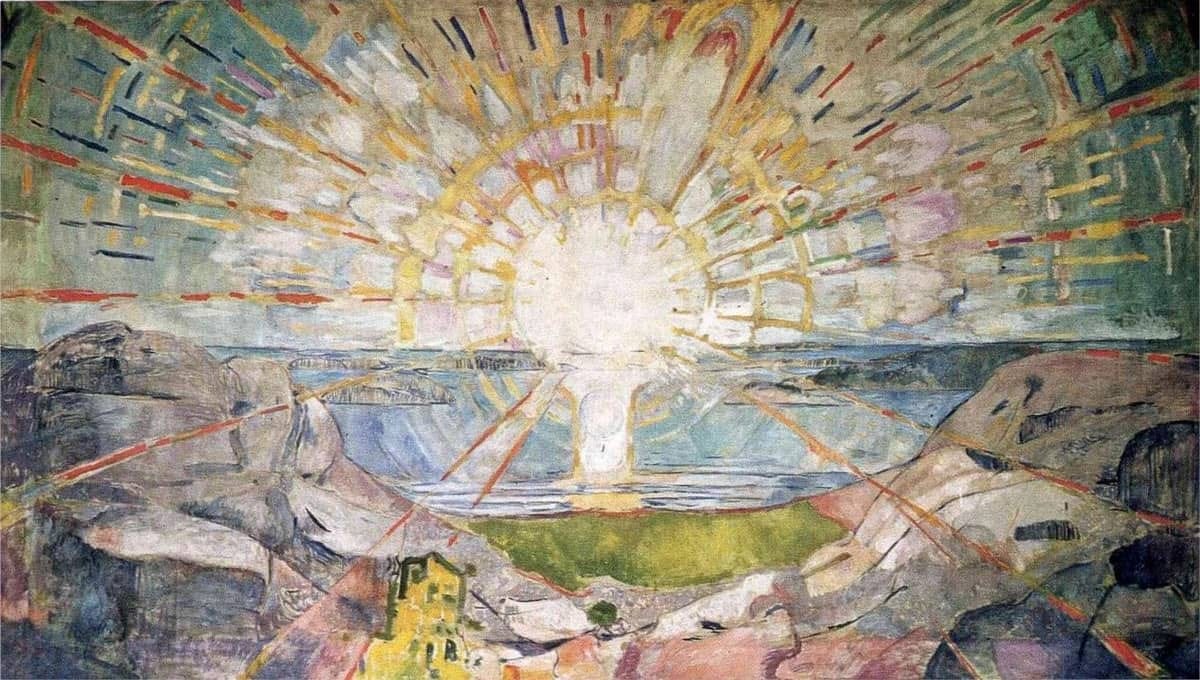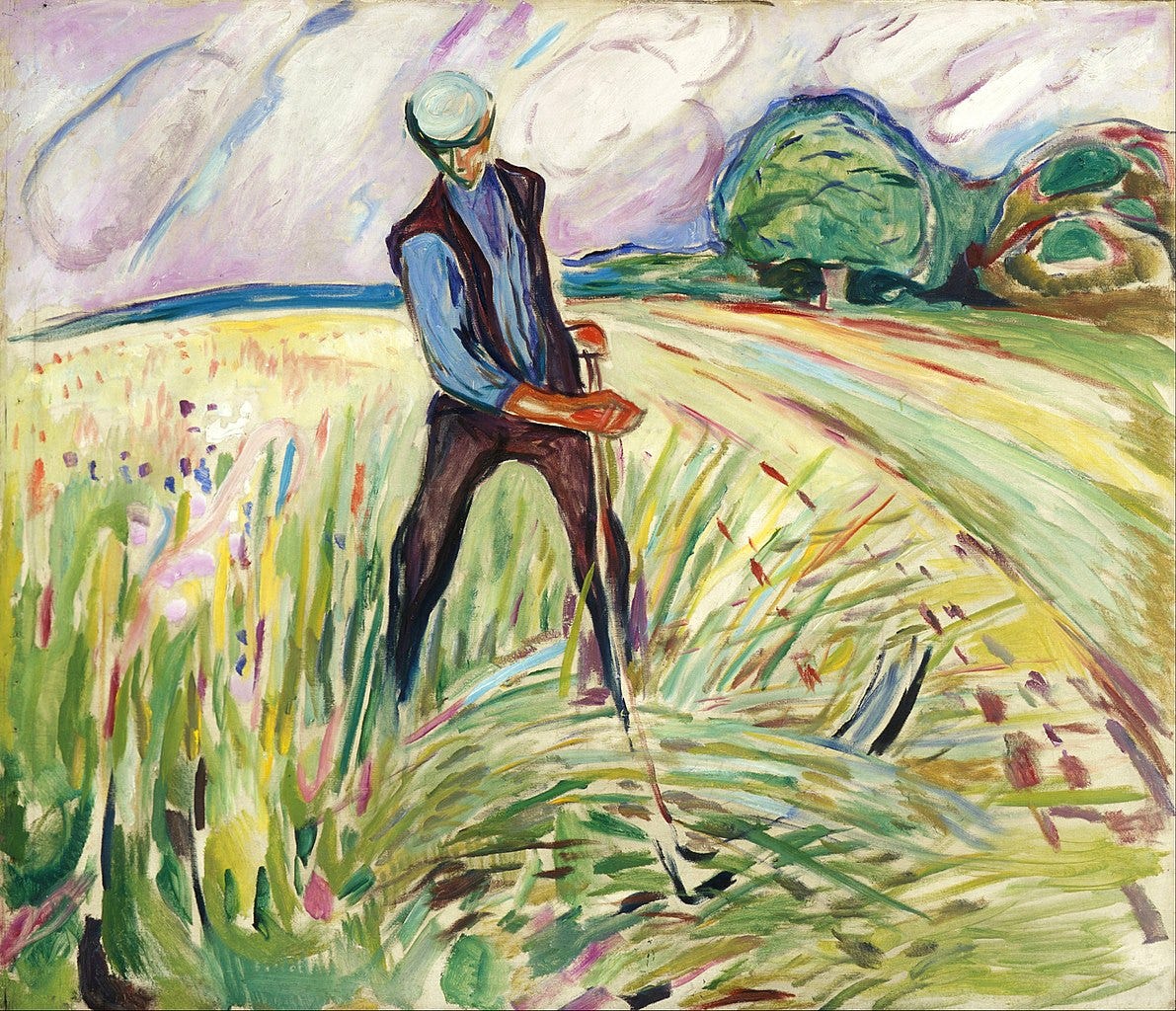When I was seven years old, my grandma offered me twenty dollars to read the Book of Mormon ahead of my baptism into the Church of Jesus Christ of Latter-day Saints.
The task started well, as I’d already heard the opening stories many times. But roughly 80 pages in, thick into the Isaiah chapters, I was overwhelmed. My eyes dutifully looked at each word, but I understood nothing. It was beyond my abilities. Eventually, for a stretch of at least 50 pages, I just read the tiny summaries at the start of each chapter and called it good. That’s how I finished the book before my baptism.
My grandma gave me the prized twenty-dollar bill at the Salt Lake City airport, minutes before she left on an LDS mission. I held that bill in my hands, dreaming of my purchasing prospects (a discount game for my Nintendo Entertainment System, I’m sure).
But on my way out of the airport, I lost the bill. Did I drop it on the escalator? Did it fall out of my pocket where I’d been sitting? My parents helped me look for it, but it was gone. I didn’t have the heart to tell my grandma, and part of me decided that my loss was simply God’s retribution for skimming chapters. I deserved to lose the money.
I read the Book of Mormon (really read it) many times in the years that followed, such that by the time I left on my mission I felt like I knew it deeply and was ready to convert the world. During a particularly naive moment of zeal, I even told my high school girlfriend just before I left that everyone would convert to Mormonism if they could only hear our message explained clearly enough. That’s what I was going to do.
An Expanding World
Imagine my surprise and disappointment when reality proved far more complicated than my teenage self assumed. Despite my best attempts to explain the message, almost no one I spoke to during my mission converted.
My mission experience expanded my world, which only continued to expand when I returned home, started college, and did two stints abroad, visiting cathedrals and museums full of biblical art across Europe.
That’s when I realized that I’d still never read the Bible cover to cover. The task had always felt daunting. How could I make sense of Leviticus, Ezekiel, or Chronicles? My reading comprehension had thankfully improved over the years, but I knew I would need guidance. So, for more than a year, I read scholarly books about the Bible alongside different translations of the text.
I soon realized how little I knew about anything beyond the scope of the curated Sunday School lessons I was raised with. Once again, I felt overwhelmed — like I was at the limits of my abilities. Even if I could grasp what a handful of scholars thought about the book, how would I ever understand the thousands of interpretations from every Christian and Jewish sect throughout history, much less the original languages the book was written in? It would take a lifetime, I knew, to comprehend it all.
And that was just Christianity. Around the same time, as I’ve recounted elsewhere, I was also reading wisdom texts from eastern religions—the Tao Te Ching, the Bhagavad Gita, the Upanishads, the Dhammapada, and so on. The more I read, the more I realized that if it would take a lifetime for me to understand all the nuances of Christianity, it would take many lifetimes to understand all the nuances of each tradition around the world. It was simply too much. If I thought about the sheer expanse of everything I didn’t know, I felt overwhelmed—like I was going crazy.
The View From Nowhere
Some people deal with this overwhelm by taking what the philosopher Thomas Nagel calls a “view from nowhere.” They believe that the only way forward is to try to become impartial spectators, scrutinizing each tradition like a medical student bent over a dissecting table.
But living traditions can’t pass the view-from-nowhere test (consisting, as they do, of flawed human beings rather than lifeless objects), so those who embrace this view often reject traditional religion altogether, becoming either secular atheists or spiritual but not religious.
I sympathize. There’s something freeing, after all, about sloughing off a tradition’s unpleasant cultural baggage, and there’s an allure to picking and choosing each tradition’s best aspects and leaving the worst behind. I’d even go so far as to say that periodically taking the view from nowhere is essential for seeing the flaws of one’s own tradition. (We can’t be self aware without some distance.)
And yet, taken too far, the view from nowhere is a dead end. Those who hold it too tightly develop an evasive, detached approach to life, cutting themselves off from institutional, civic, and sometimes even familial responsibilities. Compared to an unrealized ideal, every community is a disappointment, a total let down. So those who tightly grip the view from nowhere tend to favor whatever impulse speaks to them in the moment. It’s the “follow your heart” model of life, shorn of any sense of the fact that all of us are forever and unmistakably connected to each other and therefore have a responsibility for each other.
The View From Somewhere
The view from somewhere, by contrast, is grounded in responsibility for others, particularly those where we live.
It’s a lesson that surfaces in traditions around the world—a lesson I didn’t initially see when I first started digging into wisdom texts. During that first pass, I mostly just saw the passages of universal love I was hoping to see. “Within yourself let grow a boundless love for all creatures,” from the Buddha or “universal love is the way of the wise,” from the Chinese sage Mozi—that sort of thing. But the more I sat with these traditions, the more I saw just how much they also call for people to commit to and sacrifice for a (flawed) local community in time and place.
In Buddhism, this community is known as the sangha. “We need to stick to the sangha, build the sangha, and not be separated from the sangha,” says the Buddhist monk Thich Nhat Hanh. (He adds, “If we are living with a sangha that has many weaknesses and shortcomings, one which does not operate according to our wishes, then we should know what to do in order to help improve the quality of our sangha.”)
In Confucianism, this community is the family, among other things. “When you serve your mother and father it is okay to try to correct them once in a while,” said Confucius. “But if you see that they are not going to listen to you, keep your respect for them and don't distance yourself from them.”
And Hinduism speaks of the dharma, or your duty to your community. “It is better to strive in one’s own dharma than to succeed in the dharma of another,” reads the Bhagavad Gita. “Do your work with the welfare of others always in mind.”
In short, I found that if you sit with the wisdom traditions long enough—if you expand widely enough—you see that they encourage people to go local, to sacrifice for an embodied community. They all take a view from somewhere.
I worry I might be misunderstood here, as though I’m saying that no one should ever reject anything from their lineage or their community. That’s not it. Taken too far, the view from somewhere can be just as pathological as the view from nowhere. It’s the story of a spouse who stays in an abusive marriage out of fear of the unknown. It’s the story of a mother whose dreams are erased in her sacrifice for her family and her church. It’s the story of a father who becomes a “yes man,” willing to silence his inner voice to climb the corporate ladder.
Those who get too wrapped up in the view from somewhere cling to their commitments even when those commitments make them miserable. That’s not a good life.
The good life blends the gifts of the view from nowhere with the gifts of the view from somewhere, adapting based on where we live, who we live with, and who we are. It’s context aware.
What does this look like in practice?
I don’t know. We each live in different contexts and have a uniquely personal path and relationship with other people and the divine. Unlike my teenage self, I don’t presume to know what God has in store for anyone else. I’m still trying to discern what all of this means for me.
I only know that whenever I feel overwhelmed in this expansive universe, it helps to remember that I grew up somewhere and live somewhere. This fact grounds me in time and place and (helpfully) limits my options. I don’t have to understand everything or solve every problem in the world. I can instead commit to and sacrifice for my communities (the view from somewhere)—all while keeping one eye open to the flaws and shortcomings of my culture (the view from nowhere).
In the end, I have empathy for my seven-year-old self who strained to understand the antiquated language of the Book of Mormon and the layers of meaning in Isaiah. He deserved that twenty dollars. In so many ways, I’m still him—straining to make sense of a complicated world and knowing, as the wisdom traditions ultimately tell us, that we don’t exist in theory.
We only exist in place.
Jon Ogden is a Wayfare Senior Editor and co-Founder at UpliftKids.org, a lesson library and curriculum for families to explore wisdom and timeless values together.
Art by Edvard Munch.
KEEP READING
COME TO RESTORE!
Restore is an unforgettable three-day gathering by Faith Matters that brings together speakers, poets, musicians, and artists to inspire, enlighten, and nourish faith.
This year's gathering on September 5th-7th will be our best yet. A few exciting features:
An Evensong choral performance by Sound of Ages Choir Thursday Sep 5th.
A special event for young adults on Friday Sep 6 evening featuring Mallory Everton and McKenna Breinholt.
A beautifully designed contemplation room featuring a meditation by Thomas McConkie.
An incredible art exhibit curated by Esther Candari.
A huge books area for snagging your next read.
Lots of chances to connect with new people.
A parents area so those with young children can still see and hear everything.
A preview of Wayfare Issue 4
Register today and invite your friends and family to join you!
Student tickets: $25
Under 30 tickets: $50
Young Adult Evening tickets: $10
Use the code WAYFARE to save 20%









